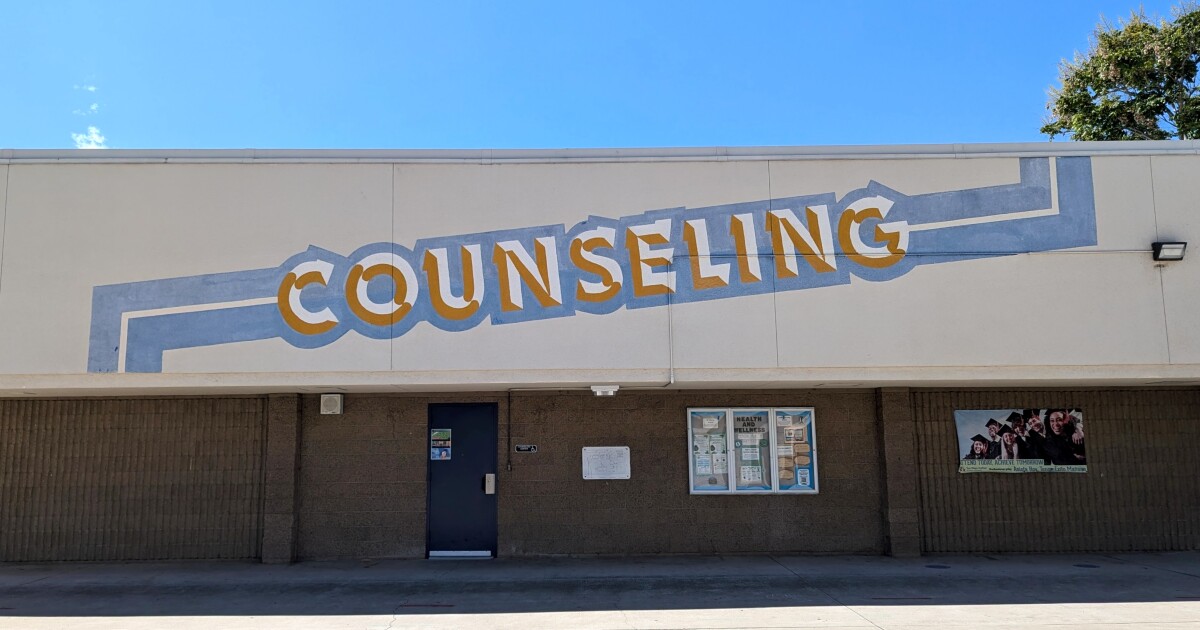
Applications close on Thursday, Feb. 13 for a state scholarship program aimed at boosting California’s behavioral health workforce. The Behavioral Health Scholarship Program, launched in 2024 by the state’s Department of Health Care Access and Information, is offering scholarships up to $35,000 to support students pursuing careers as community health workers, substance use specialists, case managers and other behavioral health roles.
The need for mental health professionals is growing rapidly, especially in underserved communities. A 2022 report from San Diego County estimated that the region would need 18,500 additional behavioral health workers by 2027 to meet demand. The shortage spans all levels of the workforce.
“There is a shortage we know all the way from those that are just doing very entry-level work all the way up to our practitioners and providers and clinicians,” said Ben Gamache, policy analyst for the Department of Health Care Access and Information.
A similar state scholarship program meant to address the school counselor shortage has helped increase mental health support staff in schools. That initiative has already helped place 18 certified wellness coaches in schools across San Diego County, Gamache said.
The Behavioral Health Scholarship Program broadens the scope of support by placing professionals in clinics, community centers, and other mental health care settings beyond schools.
Officials are prioritizing scholarship applicants who speak high-demand Medi-Cal languages including Spanish, Chinese and Punjabi, to improve culturally competent care and ensure that patients from diverse backgrounds receive support from providers who understand their language and culture.
“Being seen and being heard and being represented is such an integral part of what it takes to recover,” said Kirstin Poliska, an intake manager with Sharp Healthcare. “Anything that we can do to pull people into the field as widely and broadly as we can, so that it is representative of the people that are seeking the services. It’s the best possible thing that we can do.”
The scholarship program requires recipients to commit to at least one year of service in an underserved area after completing their training. Poliska said that this requirement provides a dual benefit — helping new professionals enter the field while ensuring that workforce shortages in high-need areas are addressed.
Officials hope the program will encourage more people to enter behavioral health careers and help fill critical gaps in mental health services statewide.

Recent Comments